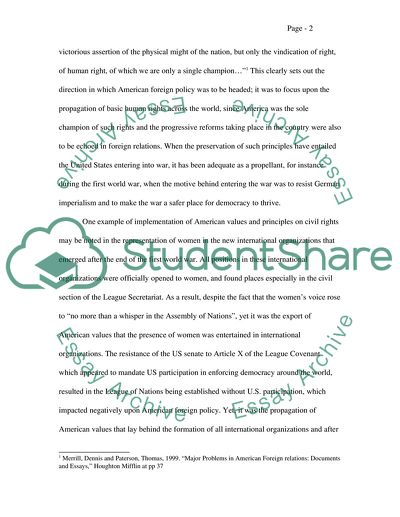Cite this document
(American Foreign Policy Essay Example | Topics and Well Written Essays - 1500 words, n.d.)
American Foreign Policy Essay Example | Topics and Well Written Essays - 1500 words. https://studentshare.org/politics/1543849-the-gendering-of-people-and-nations
American Foreign Policy Essay Example | Topics and Well Written Essays - 1500 words. https://studentshare.org/politics/1543849-the-gendering-of-people-and-nations
(American Foreign Policy Essay Example | Topics and Well Written Essays - 1500 Words)
American Foreign Policy Essay Example | Topics and Well Written Essays - 1500 Words. https://studentshare.org/politics/1543849-the-gendering-of-people-and-nations.
American Foreign Policy Essay Example | Topics and Well Written Essays - 1500 Words. https://studentshare.org/politics/1543849-the-gendering-of-people-and-nations.
“American Foreign Policy Essay Example | Topics and Well Written Essays - 1500 Words”. https://studentshare.org/politics/1543849-the-gendering-of-people-and-nations.


